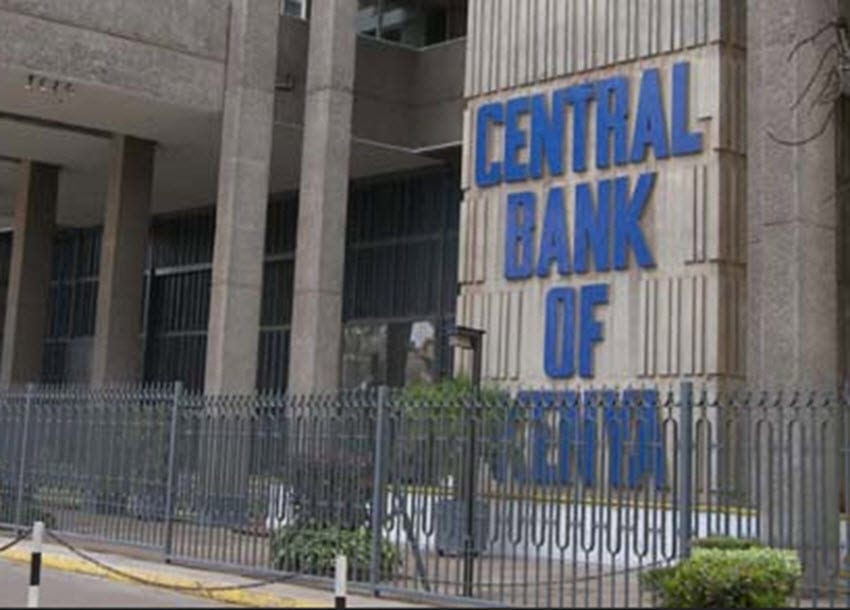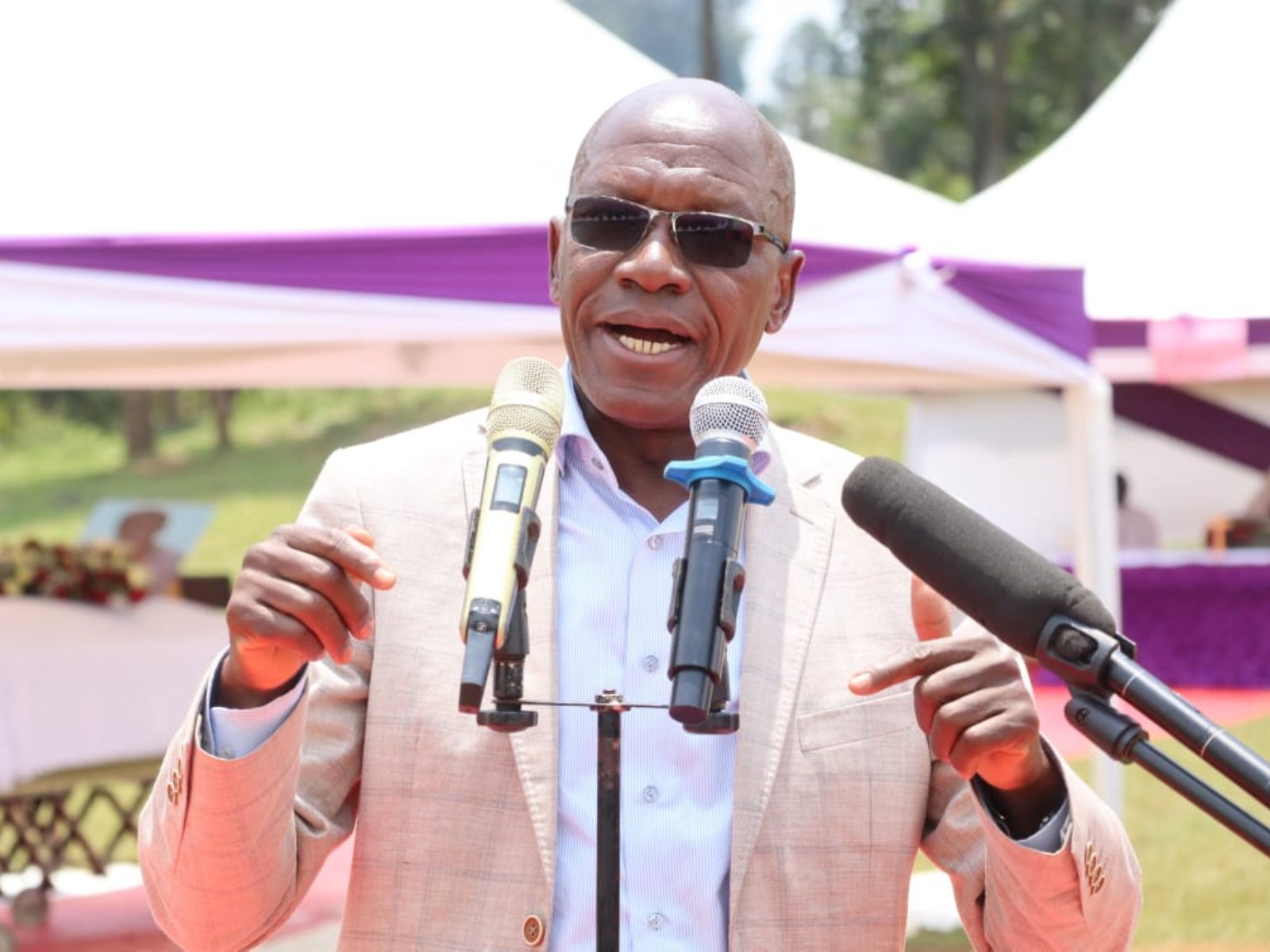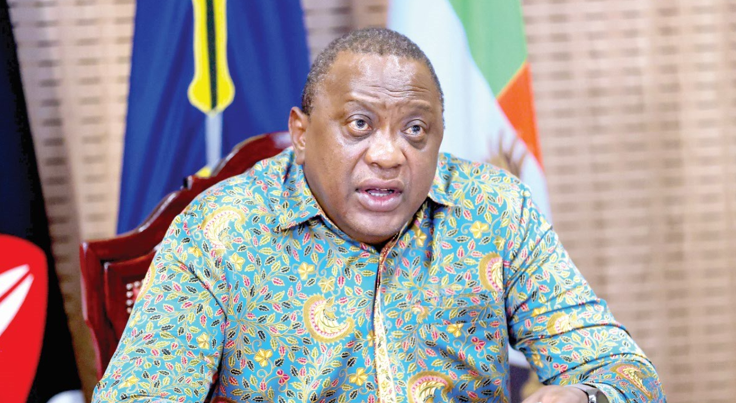CBK signals costly loans, raises key rate to 9.5pc

Central Bank of Kenya (CBK) has tightened monetary policy by increasing the benchmark central bank rate (CBR) by 75 points to 9.5 per cent after maintaining the rate at 8.75 per cent in January.
The sharp increase in the lending rate is aimed at matching inflationary pressures that started to spiral again end of February after three successive months of marginal cooldown amid costly imports due to weakening shilling and dollar shortage. It also comes at a time when global economic uncertainties are worsening, especially in regard to the banking turmoil in the relatively developed foreign markets with the impacts trickling to developing African economies like Kenya.
“The MPC noted the sustained inflationary pressures, the elevated global risks and their potential impact on the domestic economy, and concluded that there was scope for a further tightening of the monetary policy in order to anchor inflation expectations,” CBK Governor Patrick Njoroge said in a statement after yesterday’s Monetary Policy Committee (MPC) meeting.
Duty-free imports
The apex bank had in January retained the benchmark rate on grounds that inflationary pressures were expected to ease in coming months due to duty-free imports of maize, sugar and rice which lessened the need for hawkish policy.
While the tightening of the policy does not come as a surprise, analysts had projected only a slight 25 points rate hike, arguing it was enough to restore price stability.
“Overall, we expect the MPC to adopt a hawkish stance and hike the CBR by 25bps in the March meeting in order to anchor rising inflation expectations while supporting a healthy private sector credit growth,” Genghis Capital said in its topical note on Monday.
Between November 2022 – during the last rate hike – and February 2023, the prices of food items, electricity and fuel have all hiked, worsening the inflation which the CBK says will remain elevated in the near term. In the last pump prices review, petrol was increased by Sh2 per litre while the cost of electricity will from net month cost households and businesses an additional Sh10 per unit.
In addition, the CBK Survey of the Agriculture Sector conducted in the first half of March revealed that prices of some vegetables were expected to increase in the next one month, highlighting the regulator’s decision to try and match the economic situation. Further tightening of the policy will, however, create jittery among borrowers due to a ripple effect leading to an increase in the cost of bank loans for the private sector.
Private sector
It will also make government paper costlier even as the current administration targets sourcing 50 per cent of debt from the domestic market in the upcoming 2023/24 fiscal year. Since the last CBR increase, private sector credit dropped to 11.7 per cent in February 2023 from 12.7 per cent in last December, “The number of loan applications and approvals declined, reflecting reduced demand,” Njoroge added in the statement.
At the same time, the ratio of gross Non-Performing Loans (NPLs) to gross loans stood at 14 per cent in February 2023, an increase from 13.3 per cent last December, pinpointing the struggles to settle existing loans.












